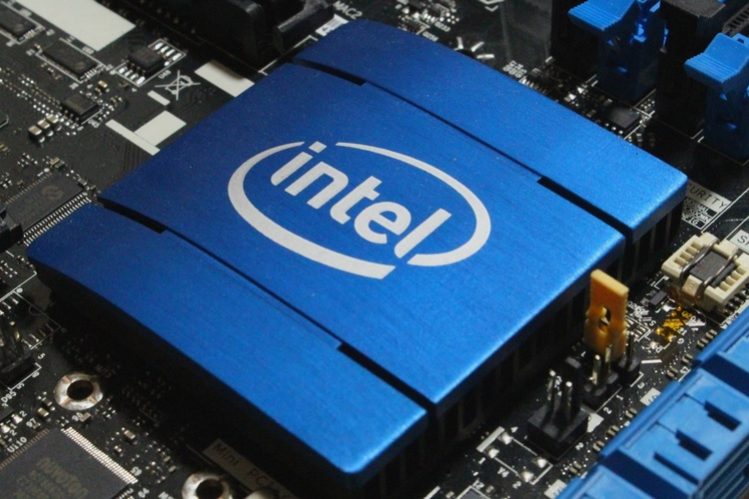
In response to the discovery of chipset-level vulnerabilities which allow hackers to seize control over system processes and affect nearly every chip manufactured in the last decade, Intel had promised to upgrade its hardware. Now, living up to its promise the chipset giant has announced that upcoming 8th-generation of Intel Xeon and Core processors will come with protection against Meltdown and Spectre attacks.
In an official blog, CEO Brian Krzanich wrote that Intel has made the necessary hardware changes in the chipset architecture to counter Spectre variant 2 and Meltdown attacks. He added that Spectre Variant 1 will have to be addressed by periodic software patches. Krzanich announced that Intel has also released “microcode updates for 100 percent” of the chipsets produced by the Intel in the last five years so that software companies can continue to release updates in future.

The chipsets that Intel produces in the future will come with an additional layer of fencing called “partitioning” that will prevent rogue elements from exploiting user privileges. Krzanich informed that the hardware changes will be implemented with the 8th-Gen Core processors and Xeon Scalable “Cascade Lake” processors which begin shipping in the second half of 2018.
One of the critical impacts of the software patches was that they slowed down processing on the affected PCs. The effects were more pronounced for chipsets including and older than the Haswell processor. Although Intel did not explain the how the new protective layer impacts the performance, the CEO said that the upcoming products will deliver the same performance boost over earlier generations that users expect.
Microsoft also detailed how the three variants of vulnerabilities target “speculative execution” within CPUs to leak critical data such as passwords or encryption keys. Speculative execution is the process which Intel processors use idle power to start a process by speculation even before the previous steps are complete.
But merely public relations for damage control and safeguarding the future does not put an end to Intel’s troubles. The company is facing more than 30 lawsuits, many of which are class-action for keeping its lips sealed over the vulnerability for more than six months after its discovery by Google researchers.










